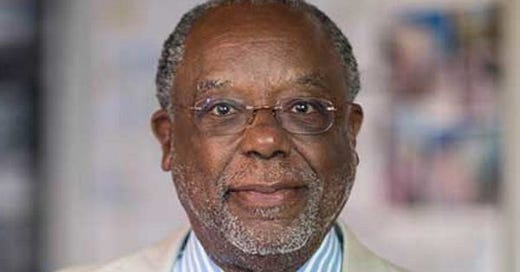02.20.2023
Fed up city planners | Media finally getting it on housing? | Wu’s first big setback | About Contrarian Boston |
News tips? Story ideas? Email us at sbvanvoorhis@hotmail.com
A remarkable rebuke: Wu’s p…
Keep reading with a 7-day free trial
Subscribe to Contrarian Boston to keep reading this post and get 7 days of free access to the full post archives.



